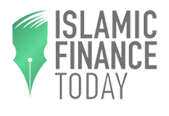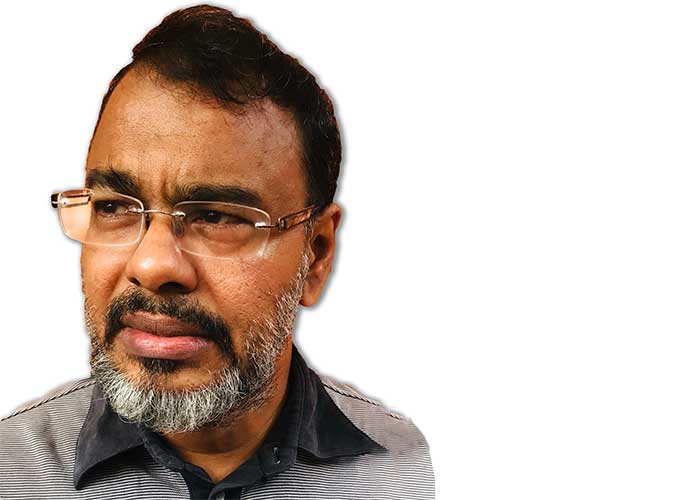The COVID Pandemic has shown more than ever before that the world is not a
perpetually perfect place to operate, even for the biggest bank with plenty of
capital and resources at its disposal.
Just as innovative ideas can lead to unparalleled progress, black swan events such
as this could force even the most developed parts of the world to a lockdown as
recent events have shown. Needless to say in such a situation where the economy
comes to a near standstill, the demand for goods and services drops drastically and
affects all sectors across the board including Banking and Finance.
In such a context, how can the banking and finance industry survive and contribute
meaningfully to uplifting affected nations and peoples? This question is
particularly important for Islamic Banking & Finance whose purpose and scope
goes even beyond that of conventional bankers and financial institutions. It needs
no gainsaying that unlike conventional players whose bottomline is profit, profit
and profit, Islamic bankers and financiers have an added responsibility in being
socially responsible and in putting funds to good use.
As such, how does the IB & F Sector fulfill its role and purpose in these trying
times? This is exactly what our lead story by Dr.Hazik Mohamed COVID 19 Crisis
– Responding to a Quarantined Economy attempts to address. As Hazik points out,
the best way Shariah-based lenders can support businesses in this scenario, would
be to adopt fintech which can ensure strict social distancing while providing fast,
convenient and secure transactions online even to remotest of places in dire need of
funds. Once established, Fintech can continue its inroads into non-pandemic
territory and beyond into non-pandemic times. And what better time to adapt to
fintech than the present?
The supporting article by Mufti Ismail Ebrahim Desai – Islamic Fintech – The
Global Digitization of The Islamic Economy gives our readers an idea of how
Fintech works, key trends in the industry and what he chooses to call 'the lucrative
future of Islamic Fintech'. However, at the same time, we need to be realistic and
take a macro view of the situation as well. Can Islamic finance as we understand it
with its principles of profit and loss sharing, provide the much needed relief to all
affected communities within this short space of time when it is most needed? The
answer is obvious.
This is where individual and corporate social responsibility come into play. It is
this aspect that Syammon Jaffar focuses on in her article COVID 19- The Rise of
Islamic Social Finance. As Jaffar points out, the economic downturn is likely to
take its toll on the already economically underprivileged sections of society. As
such, persons and corporates that follow Islamic principles are at the crossroads of
a time where they can demonstrate that Islamic ideals of social welfare can be
applied for the greater good, so that its trickle down affects will leave a lasting
economic legacy on the world. Thus there is a need for more and more CSR
projects on the part of Islamic banking and financial institutions.
To the believer the world is but a test, and this is the testing time for Islamic
Finance.

